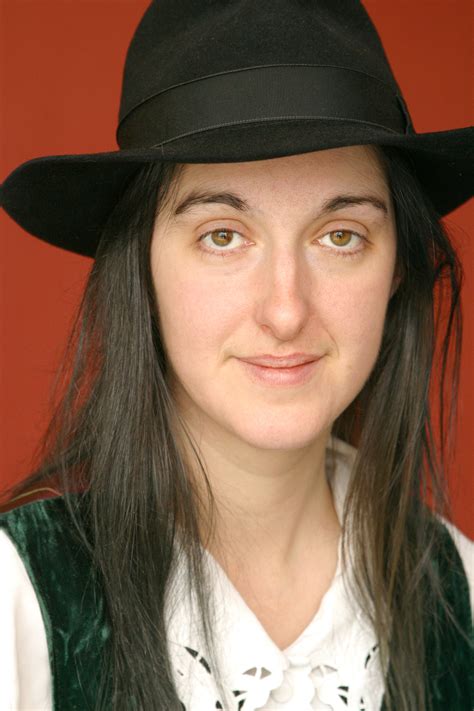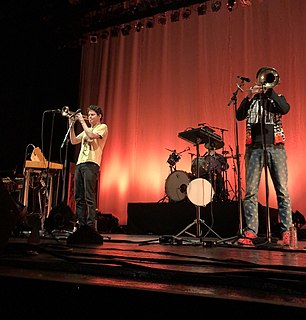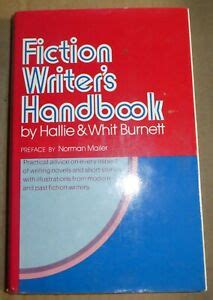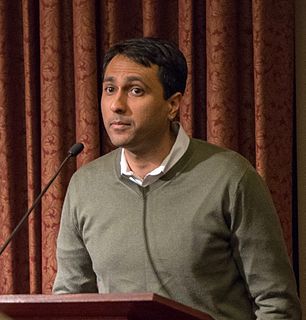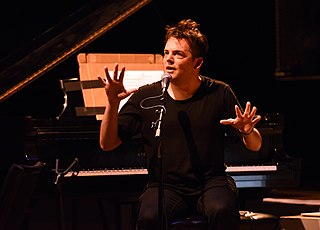A Quote by Sarah Dessen
There was no short answer to this; like so much else, it was a long story. But what really makes any story real is knowing someone will hear it. And understand.
Related Quotes
There are a lot of college writing textbooks that will include essays and short stories, and after reading the story or essay, there will be questions such as "Have YOU Had any experience with a pedophile in YOUR family?" or "When was the last time you saw YOUR mother drunk?" and they're just really good at prompting stories. You answer the question, and sometimes that can spring into a story.
The story is the only thing that's important. Everything else will take care of itself. It's like what bowlers say. You hear writers talk about character or theme or mood or mode or tense or person. But bowlers say, if you make the spares, the strikes will take care of themselves. If you can tell a story, everything else becomes possible. But without story, nothing is possible, because nobody wants to hear about your sensitive characters if there's nothing happening in the story. And the same is true with mood. Story is the only thing that's important.
But I am not sure it would contain any short stories. For the short story is a minor art, and it must content itself with moving, exciting and amusing the reader. ...I do not think that there is any (short story) that will give the reader that thrill, that rapture, that fruitful energy which great art can produce.
I decided to make myself a little less precious with my storytelling. I think you can see from the first three pieces in the book that I have a long term relationship with the short story as a form and I really love an elegantly crafted story that has several elements that come together in a way that is emotionally complex and different from when we started. That kind of crystalline, perfect, idealized thing that the short story as a genre has come to represent.
When you are in the middle of a story it isn't a story at all, but only a confusion; a dark roaring, a blindness, a wreckage of shattered glass and splintered wood; like a house in a whirlwind, or else a boat crushed by the icebergs or swept over the rapids, and all aboard powerless to stop it. It's only afterwards that it becomes anything like a story at all. When you are telling it, to yourself or to someone else.
Sometimes the music just has to tell the story without you trying to tell the story. It depends on the type of music you want to make. If it makes you feel good and party then you go with that. If it makes you feel like speaking on something real and doing a story then it's the beat just has to have the story.




